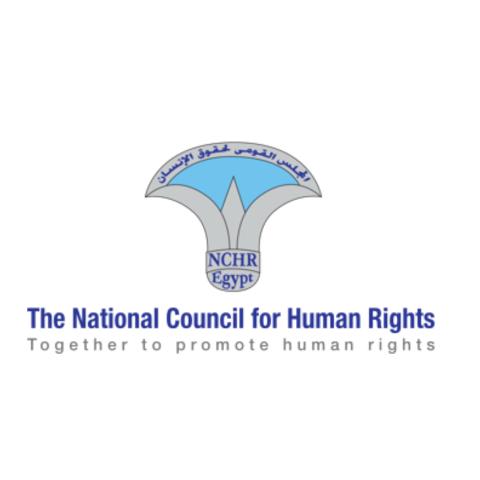
On 1st of June 2023, Alkarama submitted its report on the Egyptian National Council for Human Rights (NCHR) to the Sub-Committee on Accreditation (SCA) of the Global Alliance of National Human Rights Institutions (GANHRI), the body responsible for evaluating National Human Rights Institutions’ compliance with the Paris Principles.
Alkarama's report highlighted that while the concerns raised with the SCA during its previous review in 2018 remain, the NCHR has since been effectively used as a public relations tool by the government to cover up its dismal human rights record.
The SCA review process
Composed of other NHRIs, the SCA conducts regular peer reviews on the basis of the Paris Principles, a set of international standards that details and frames the work of NHRIs, in order to ensure their pluralist representation of society and their independence from government, and reviews the scope of their mandate in order to ensure that they effectively promote and protect human rights.
Following the review, the NHRI is accredited with an A status if it is in full compliance with the Paris Principles, or with a B status if it is not. This accreditation has important consequences, as only NHRIs with A status can participate in the periodic UN reviews of their States on the same basis as civil society.
The Egyptian NHRI, which was established in 1993 under Hosni Mubarak, was first reviewed in 2006 and was awarded status B, before the SCA revised its decision and granted it status A. The NCHR’s next review was set to take place five years later, in 2011. However, upon the NCHR’s request, the deliberation on its reaccreditation was repeatedly postponed, and only took place in May 2018. Ahead of the review, Alkarama submitted a report to the SCA highlighting a number of key concerns, showing a serious lack of compliance of the NCHR with the Paris Principles, recommending that the NCHR be downgraded to status B.
Among these concerns is the NCHR’s lack of independence from the executive, parliamentary, and legislative branches of government, as well as its lack of financial independence. Ever since its creation, serious concerns have been raised with regard to the independence of some of its members.
However, despite evidence brought of the lack of independence and impartiality of the NCHR, in May 2018, the SCA decided to grant the NCHR a status A.
Alkarama’s concerns over a “sissification” of the NCHR
With the NCHR due to be re-evaluated by the SCA in September 2023, Alkarama submitted a report highlighting that concerns about the institution's lack of independence from the government have only worsened since the last review.
The NCHR's practices highlighted by Alkarama in its report included serious violations of the principle of the independence of NHRIs, such as denying violations of political opponents' right to life, liberty, and security, while constantly praising General Al-Sisi for his "national human rights strategy".
In practice, instead of playing its role as an independent and impartial human rights mechanism, the NCHR's partial behaviour and uncritical alignment with the government show that the institution has been subjected to the same "Sisification" of the country's media sector. This term has been used by international NGOs such as Reporters without borders and Human Rightsthe Watch to describe the “hostile takeover of Egypt’s media leaving the influence on public opinion to be controlled by the state (…)”.
In particular, Alkarama analysed all press releases and reports issued by the NCHR since 2018, which clearly shows that the institution has become a "showcase" for the government's public relations campaign, rather than an impartial and independent human rights institution.
Alkarama’s recommendations
In light of Alkarama's findings, the report concludes by stressing that to re-grant A status to what is now a body that engages in state-sanctioned propaganda, as documented by all major independent international and Egyptian civil society organisations, would be to effectively condone such practices on the part of the SCA. This would have a major impact on the SCA's credibility with Egyptian and international human rights and civil society organisations.
Alkarama recalled that under the Paris Principles, NHRIs must operate independently of their governments to ensure that they have the freedom to report on serious human rights violations and to take action to hold the government to account.
The report, therefore, recommends that the SCA should consider that the NHRC does not meet the necessary requirements to be granted A status and should instead grant it B status until such time as the institution effectively addresses its serious shortcomings.
The decision of the SCA will be published after its upcoming fall session which will take place in Geneva SCA from 25 - 29 September to 23-27 October 2023.
